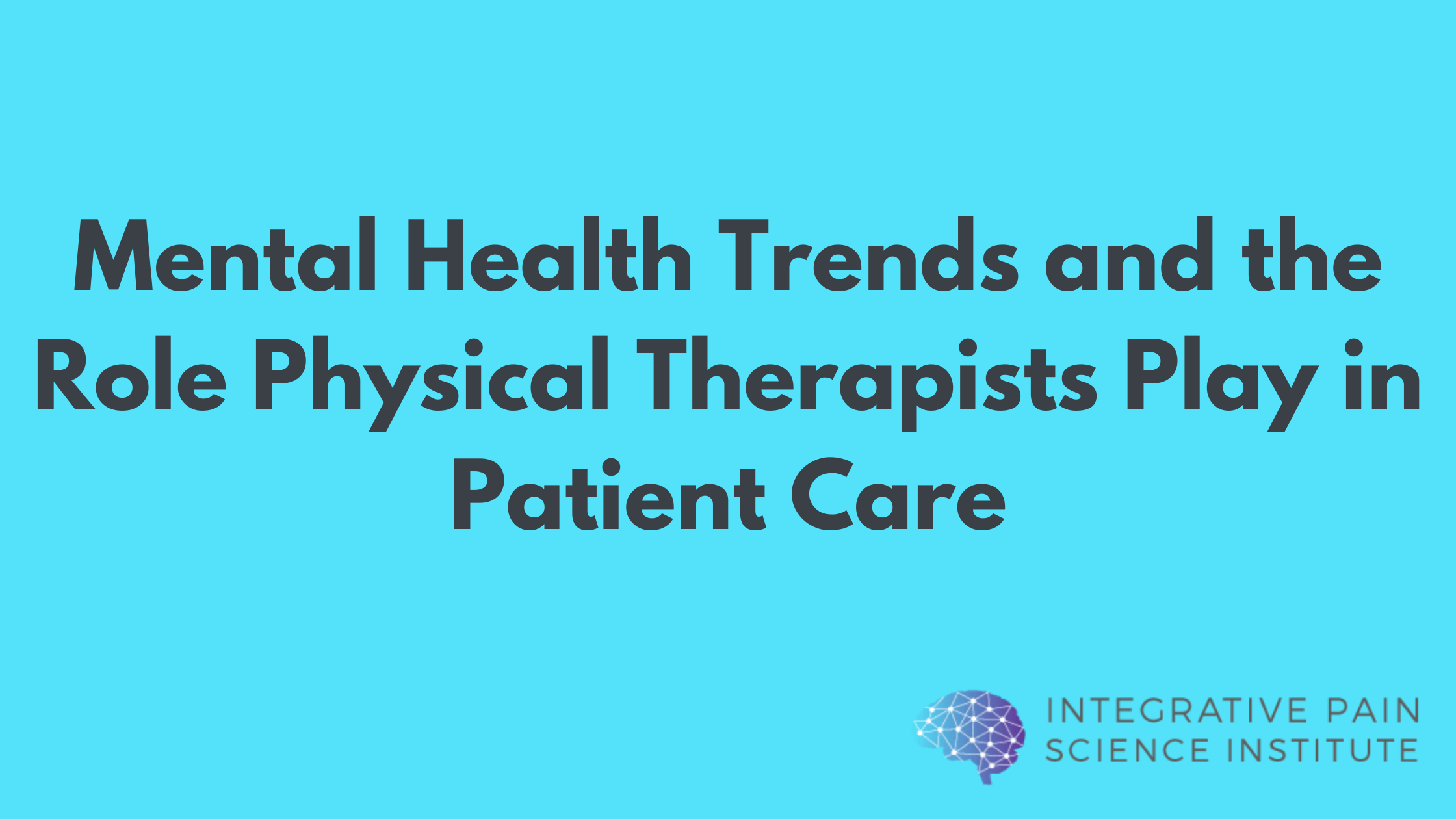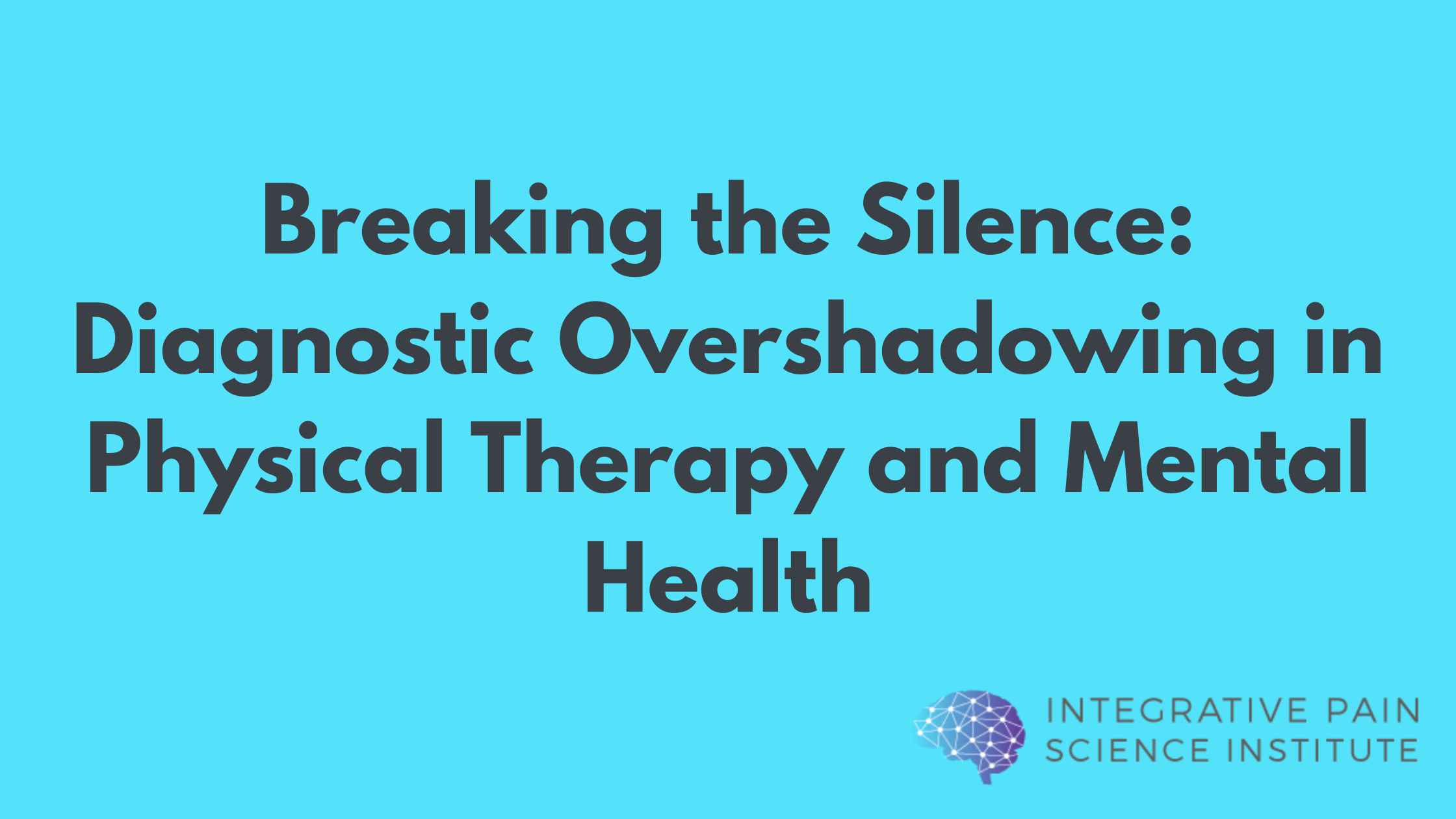Mindfulness-based interventions (MBIs) have gained increasing popularity over the past several decades for the treatment of many chronic pain conditions. MBIs focus on the nonjudgmental awareness of thoughts, emotions, and feelings without trying to control or change them. While pain reduction is not one of the primary goals of mindfulness practice, a growing body of research suggests significant benefits for chronic pain patients. However, little research has been done to date that specifically investigates the effects of MBIs on pain reduction; many studies consider a wide range of outcomes including quality of life, general well-being, and similar. This article summarizes the findings of a March 2013 study in the Oxford Academic journal Pain Medicine.

How is Mindfulness Related to Pain?
Mindfulness practice often revolves around centering oneself in the present moment by focusing on the breath. In this state, it is easier to observe current emotions and thoughts objectively. Focusing on the present is intended to remove worrying thoughts about the future or rumination on past events, and taking an objective perspective on events and reactions can improve peace of mind and decision making skills. Mindfulness also emphasizes a mindset of openness to and acceptance of these thoughts and feelings which allows for great personal development through nonjudgmental observance of one’s mind.
Although it may seem that mindfulness has little to do with pain, several MBIs have been shown to benefit patients experiencing various pain conditions. Two of the most researched MBIs, mindfulness-based stress reduction (MBSR) and Acceptance and Commitment Therapy (ACT), have proved particularly effective, but a variety of other options are available. Researchers have also studied mindfulness meditation, emotional regulation therapy, and other forms of mindfulness practice. Much of the existing research literature focuses on broader outcomes for patients such as psychological distress and quality of life, but emerging research suggests that both MBSR and ACT have more direct effects on pain severity.
MBSR was originally designed to help chronic pain patients manage their pain, and operates on the principle that mindfulness practice can separate the sensory component of pain from the cognitive and emotional components to reduce the amount of suffering caused by pain. MBSR is taught to patients through activities such as yoga and meditation, and patients are encouraged to continue practicing at home and throughout their lives. Recent research has proven this method to be effective for adults with a variety of chronic medical conditions.1
ACT has many broad applications for patients with chronic pain or a variety of psychological issues. Mindfulness practice is combined with work on personal commitment and behavior change to help patients improve their quality of life. Unlike MBSR, ACT is introduced using experiential exercises or verbal lessons rather than meditation. Research shows that ACT also has a high degree of efficacy for patients with chronic pain.2

Does Mindfulness Reduce Pain Intensity?
In this particular study, a literature review was conducted to analyze research linking mindfulness to pain intensity. The included studies contained a six-hour minimum standardized mindfulness curriculum with pre- and post-tests for pain intensity. Additionally, studies concerning laboratory-induced pain were avoided in order to limit the research to pain relevant in the clinical setting. Ultimately, 16 studies were selected with a total of 1,404 participants. 11 of these studies contained only chronic pain patients, while the remaining five contained a wider variety of patients including those with no diagnoses. Eight studies consisted of a control group and an experimental group,11-18 while the others were uncontrolled. Results from each of these two groups were determined separately to gather more accurate data on the impact of mindfulness on pain intensity after intervention.
Of the eight uncontrolled trials,3-10 three showed statistically significant improvements in pain intensity posttreatment. A fourth study specifically on fibromyalgia patients found that 65% of patients experienced improvements but did not include data on the significance of the improvement. In a study on pregnant women using an MBSR curriculum, no significant changes to pain intensity were found. Three studies which utilized ACT found a 15% reduction in pain intensity after a three-month follow-up period, suggesting sustained benefits from ACT for patients. Overall, the researchers concluded that there was a significant improvement discovered in studies on chronic pain, while studies on mixed populations found no significant reduction of pain intensity.
Six of the eight controlled studies reported significant improvements in pain intensity after MBIs compared to controls (mean change among MBI groups was as high as 49.4%). All three studies containing an inactive control group found significant reduction in pain levels among the MBI groups, along with two of three studies using an active control group. One study which compared pain treatment with MBI to treatment as usual found no significant difference between pain intensity between the two groups. Two studies comparing the efficacy of treatment with MBI and treatment with cognitive behavioral therapy (CBT) had mixed results. Across three studies with follow-up evaluations between three weeks and three years, observed reductions in pain intensity following MBI were sustained. Taken together, these eight studies provide clear evidence that MBIs have a specific positive impact on pain intensity among a variety of patients. Only one study failed to find any significant difference between mindfulness-based treatment and treatment as usual. Results from follow-up studies maintain this conclusion and suggest that MBIs can have a lasting impact on patients’ pain.
Dr. Tatta’s simple and effective pain assessment tools. Quickly and easily assess pain so you can develop actionable solutions in less time.
Mindfulness-Based Interventions Show Promise for Reducing Pain Intensity
From the literature review, the researchers concluded that MBIs present a promising new treatment for patients with a variety of pain conditions, including undiagnosed cases. The vast majority of studies found significant reductions in pain intensity among participants in the MBI groups regardless of diagnosis and severity. In areas where uncontrolled studies warranted further research, controlled studies produced conclusive evidence that mindfulness can be effective for reducing pain compared to more traditional treatment options. Emerging research will need to focus on the long-term impact of mindfulness on intensity of pain in order to corroborate data gathered from this review on the maintenance of results from MBIs.
Mindfulness training among healthcare providers who treat pain is now advocated for the improvement of pain, daily function, psychological distress, emotional regulation, and quality of life.
Check out our FREE ACT for Chronic Pain Masterclass!
REFERENCES
- Bohlmeijer E Prenger R Taal E Cuijpers P. The effects of mindfulness-based stress reduction therapy on mental health of adults with a chronic medical disease: A meta-analysis. J Psychosom Res 2010;68(6):539–544.
- Veehof MM Oskam MJ Schreurs KM Bohlmeijer ET. Acceptance-based interventions for the treatment of chronic pain: A systematic review and meta-analysis. Pain 2011;152(3):533–542.
- Vowles KE McCracken LM. Acceptance and values-based action in chronic pain: A study of treatment effectiveness and process. J Consult Clin Psychol 2008;76(3):397–407.
- Vowles KE McCracken LM. Comparing the role of psychological flexibility and traditional pain management coping strategies in chronic pain treatment outcomes. Behav Res Ther 2010;48(2):141–146.
- Vowles KE McCracken LM Eccleston C. Processes of change in treatment for chronic pain: The contributions of pain, acceptance, and catastrophizing. Eur J Pain 2007;11(7):779–787.
- Kaplan KH Goldenberg DL Galvin-Nadeau M. The impact of a meditation-based stress reduction program on fibromyalgia. Gen Hosp Psychiatry 1993;15(5):284–289.
- McBee L Westreich L Likourezos A. A psychoeducational relaxation group for pain and stress management in the nursing home. J Soc Work Long Term Care 2004;3(1):15–27.
- Chang VY Palesh O Caldwell R et al. The effects of a mindfulness-based stress reduction program on stress, mindfulness self-efficacy, and positive states of mind. Stress Health 2004;20(3):141–147.
- Beddoe AE Yang CPP Kennedy HP Weiss SJ Lee KA. The effects of mindfulness-based yoga during pregnancy on maternal psychological and physical distress. J Obstet Gynecol Neonatal Nurs 2009;38(3):310–319.
- Flugel Colle KF Vincent A Cha SS et al. Measurement of quality of life and participant experience with the mindfulness-based stress reduction program. Complement Ther Clin Pract 2010;16(1):36–40.
- Grossman P Tiefenthaler-Gilmer U Raysz A Kesper U. Mindfulness training as an intervention for fibromyalgia: Evidence of postintervention and 3-year follow-up benefits in well-being. Psychother Psychosom 2007;76(4):226–233.
- Gardner-Nix J Backman S Barbati J Grummitt J. Evaluating distance education of a mindfulness-based meditation programme for chronic pain management. J Telemed Telecare 2008;14(2):88–92.
- Goldenberg DL Kaplan KH Nadeau MG et al. A controlled study of a stress-reduction, cognitive-behavioral treatment program in fibromyalgia. J Musculoskel Pain 1994;2(2):53–66.
- McCracken LM Eccleston C. A prospective study of acceptance of pain and patient functioning with chronic pain. Pain 2005;118(1–2):164–169.
- Cusens B Duggan GB Thorne K Burch V. Evaluation of the Breathworks mindfulness-based pain management programme: Effects on well-being and multiple measures of mindfulness. Clin Psychol Psychother 2009;17(1):63–78.
- Esmer G Blum J Rulf J Pier J. Mindfulness-based stress reduction for failed back surgery syndrome: A randomized controlled trial. J Am Osteopath Assoc 2010;110(11):646–652.
- Zautra AJ Davis MC Reich JW et al. Comparison of cognitive behavioral and mindfulness meditation interventions on adaptation to rheumatoid arthritis for patients with and without history of recurrent depression. J Consult Clin Psychol 2008;76(3):408–421.
- Smith BW Shelley BM Dalen J et al. A pilot study comparing the effects of mindfulness-based and cognitive-behavioral stress reduction. J Altern Complement Med 2008;14(3):251–258.



